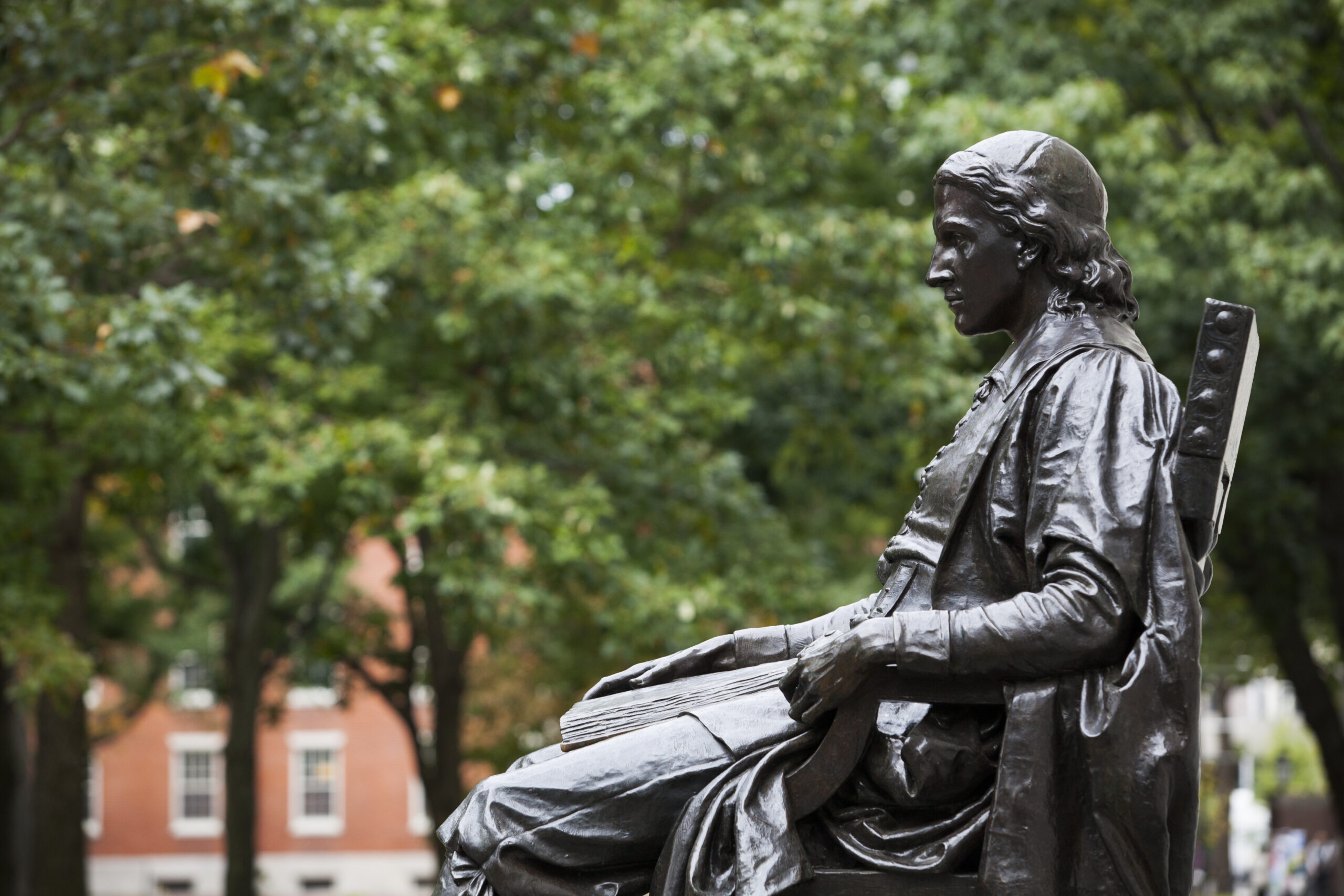The US Supreme Court has requested a Department of Justice (DOJ) opinion on a pending affirmative action case against Harvard University, indicating the court’s willingness to hear whether to ban race-based factors in college admissions, according to CNBC.
Court justices issued an unsigned order asking Solicitor General Elizabeth Prelogar for a brief which expressed the views of the United States on the matter. Often, this process is followed by the court’s decision to hear the case.
“It would be a big deal because of the nature of college admissions across the country and because of the stakes of having this issue before the Supreme Court,” said Gregory Garre, who previously defended the University of Texas admissions program.
However, asking the department to take part in the litigation will delay a decision since the process takes months. If the court votes on the case in October, the result would likely be released in June 2022. If the case is heard a year later, a decision will probably take effect in the summer of 2023.
Harvard Case
The lawsuit against Harvard was led by anti-affirmative action activist Edward Blum and the Students for Fair Admissions (SFFA). The group claimed that Harvard discriminates against Asian-American applicants, stating in court documents that admissions officers often stereotype Asian Americans and penalize them because “they lack leadership and confidence and are less likable and kind.”
A federal appeals court initially rejected SFFA’s case last November, citing Harvard’s limited consideration of race in its admissions process as consistent with Supreme Court precedents. The group filed an appeal in February requesting justices to hear their case.
William Consovoy, an attorney for the SFFA, remarked that if the decision from the 1st US Circuit Court of Appeals stands, there would be consequences. Consovoy shared in his petition that “ universities can use race even if they impose racial penalties, make backward-looking racial adjustments, ignore critical mass, eschew sunset provisions, and identify no substantial downsides to race-neutral alternatives.”
Harvard denied the allegations regarding Asian-American discrimination in its admissions process, saying that the dispute is politically motivated and if Blum’s advances are allowed, diversity in higher education may not survive.
The Department of Justice may recommend the Supreme Court not hear the case, allowing the original decision to stand.



